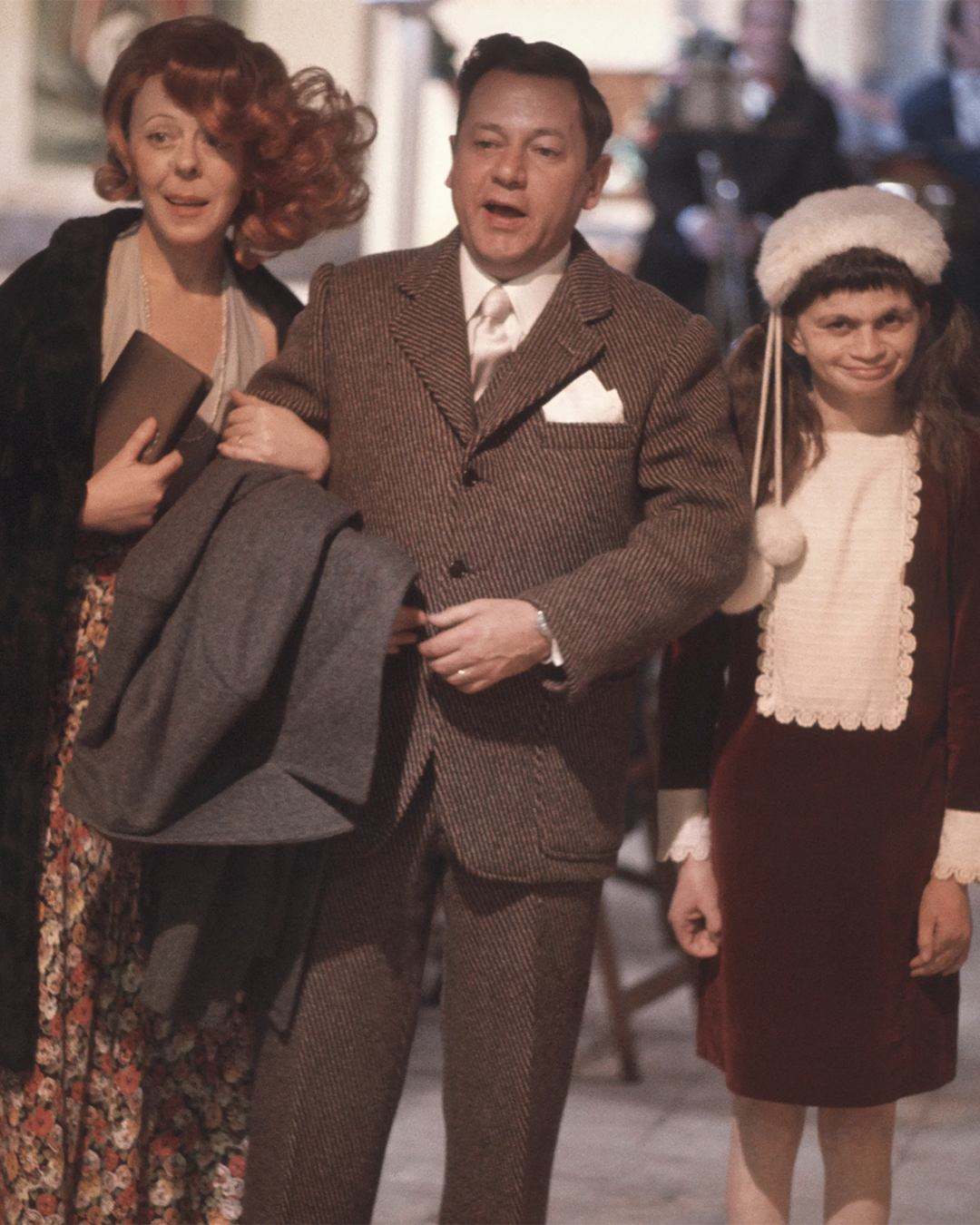
Who are the 'Zillenials' and why they are the new target group for luxury brands A free zone between Millennials and Gen z with purchasing power
In the narrative that pits Millennials and Gen Z eternally against each other, a free zone seems to promise unexplored peace accords. These are the 'Zillenials' or 'Zennials', a cohort of over 30 million people born between 1990 and 2000 who are on the border between the two factions. A micro-generation that was lucky enough to enjoy the best of what the Millennials had to offer, while also laying the foundation for a comprehensive understanding of the "social-first" society of today's Gen Z, long before Influencers and TikTok, shortly after the rise of the YouTube "vlog squad" and Tumblr fandoms. But what makes Zillennials truly unique compared to their older or younger peers, and what has brought them into the spotlight after years on the sidelines, is their spending power. According to a recent report by PYMNTS in Insider magazine, about a third of them, or about 11 million people, live at home with family members, while the U.S. Census Bureau estimates that the percentage is even higher: about 48% of Americans aged 18-29 live with their parents. This means that a large percentage are rent or mortgage payment free, some due to financial inability, others by choice, but this does not mean that they are forcibly deprived of income. And if fashion discovers a new target group to exploit in a time of social and economic uncertainty, the question remains what the real interests of Zillennials are and how much they have in common with Millennials and Gen Z.
when @MileyCyrus answers trivia questions about herself in ur fb group pic.twitter.com/oaaxLsgZVO
— #BornZillennial (@BornZillennial) June 23, 2021
The Zillennials lived through a time of fundamental change in pop culture: from That's So Raven to Hannah Montana, from Harry Potter to The Hunger Games, from Mean Girls to Angus. These are the early years of overly thin eyebrows, disco trousers and American Apparel hoodies, hair dyed the unmistakable 'RiRi Red'. The years of the Harlem Shake, the beginnings of 'planking', tweets about Miley Cyrus being caught with a bong. While some say the hallmark of Zillennials is a constant state of identity crisis, according to a number of American Reddit forums, the deciding factor is instead the more or less faint memory of 9/11. While Millennials were old enough to fully comprehend the events of that day, and some of Gen Z may not even have been born yet, Zillennials probably only have a few blurry images of the event in their memory. And it is this experience that underlines the differences between the two groups, the turning point that makes Zillennials a different breed. Another telltale sign is the technological devices they grow up with: Generation Z are described as 'digital natives" who grew up with an iPhone in their hand and an iPad in their backpack. Millennials fondly remember the days of brick phones, while Zillennials' first phone was probably a flip or slide-up before they quickly moved into the Blackberry sphere, topped with Windows XP wallpapers and portable DVD players.
@d3rrriick I was born in 1998. Are you a zennial and do you agree? #fyp #foryou #zennial #genz #millenial #VideoSnapChallenge #ASOSFashunWeek #simp Please understand this is only 90 percent accurate - Dylan
And today? Today, as Zillennials have come of age, they are becoming shoppers with a solid nest egg of disposable cash and are definitely spending it. According to analysts at Morgan Stanley, one of New York's major stock exchanges, young consumers who still live with their parents are contributing to the luxury boom thanks to the money they save on bills and other expenses. The market is expected to grow 21% by 2023, largely due to new consumers who want to buy luxury products three to five years earlier than previous generations, according to a report by consultancy Bain & Company. In fact, Millennials, Zillennials and Gen Z are expected to make up 70% of luxury shoppers globally by 2025, and brands are beginning to recognise this and are working specifically to attract "Zillennial dollars'.














































